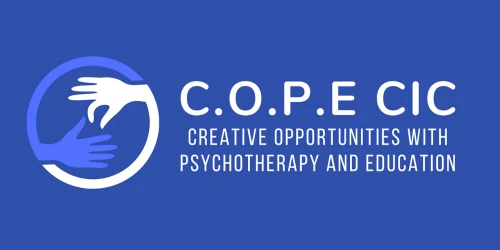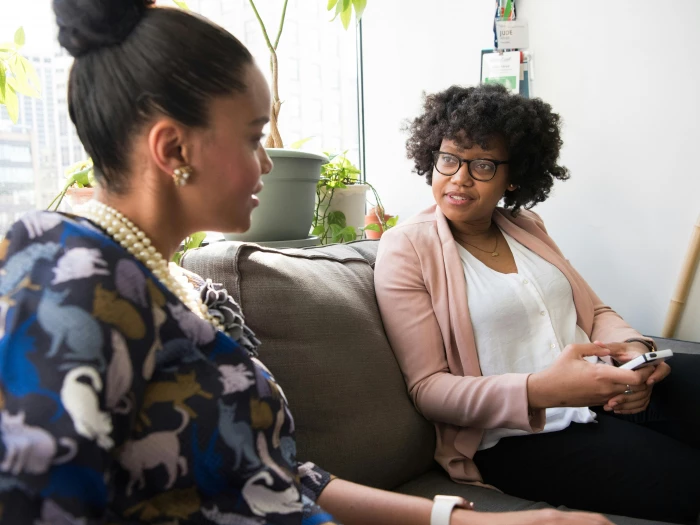Why marginalised groups are less likely to access therapy?
There are several reasons why marginalised groups may be less likely to access therapy:
Lack of representation: Many therapists come from privileged backgrounds and may not be familiar with the unique issues faced by marginalised groups. This can make it difficult for members of these groups to feel understood and may discourage them from seeking therapy.
Stigma: There is still a lot of stigma surrounding mental health in many communities, particularly those that are historically marginalised. This can make it difficult for individuals to seek help without fear of judgement or discrimination.
Financial barriers: Therapy can be expensive and may not be covered by insurance. This can make it difficult for individuals from low-income backgrounds to access the care they need.
Lack of access: Therapy may not be available in certain areas or may be difficult to access due to transportation or other logistical issues. This can make it difficult for individuals who live in rural or remote areas, or who have mobility issues, to access care.
Overall, it is important to address these barriers and work towards making therapy more accessible and inclusive for all individuals, regardless of their background or identity.

